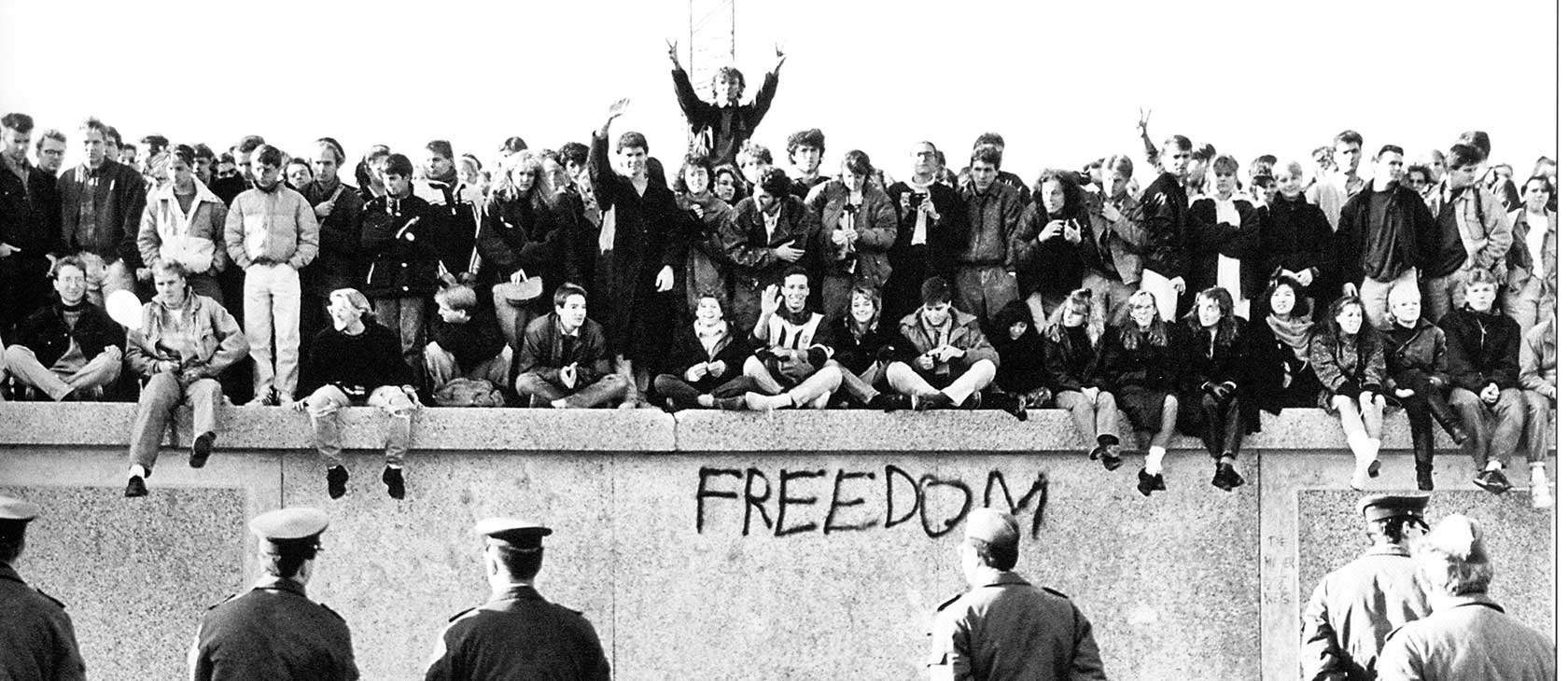Pope Leo XIII’s prescient 1891 encyclical Rerum Novarum delineated the perils of Marxist collectivism, especially the horrors that would follow in its wake. Drawing both from historical observations and his own projections, Pope Leo wrote:
Hence, it is clear that the main tenet of socialism, community of goods, must be utterly rejected, since it only injures those whom it would seem meant to benefit, is directly contrary to the natural rights of mankind, and would introduce confusion and disorder into the commonweal. The first and most fundamental principle, therefore, if one would undertake to alleviate the condition of the masses, must be the inviolability of private property.
Mind you, that was not Friedrich Hayek writing during World War II but Pope Leo writing at the end of the nineteenth century.
It wasn’t as though there hadn’t already been enough history for Pope Leo to recite prior to its writing. The collectivist anarchy of the Jacobin Reign of Terror and Paris Commune preceding the writing of Rerum Novarum were a windup for the large-scale events inaugurated in Russia less than 50 years after he penned his encyclical.
During roughly the same period bookended by the bloody French and Russian revolutions, another pernicious ideology began winding its wormlike way toward undermining the zeitgeist of Western civilization. In time, atheism became the symbiotic leech on collectivism’s emaciated underbelly.
In addition to Karl Marx declaring religion “the opiate of the masses,” there existed a phalanx of writers, scientists, and philosophers eager to place a headstone on God’s final resting place. They reasoned that if doubt in the existence of God could metastasize into full-blown atheism, their ideology would occupy the subsequent vacuum. Religious fervor was redirected to a presumed worship of nature on one hand and the adoration of government on the other: Talk about worshipping the creature more than the Creator.
Unfortunately for these enthusiastic unbelievers (but to the great benefit of the rest of humanity), reports of God’s death were premature. Oppressive regimes attempted to replace the voluntary worship of the Eternal with involuntary thrall to the state. Yet God could not be euthanized.
However, the pause in the slide toward radical secularism and central planning was short-lived. Neither atheism nor collectivist schemes were held in abeyance upon the end of the Cold War in the latter decade of the last century. Similar to the strategies deployed by nineteenth-century intellectuals, a new generation of anti-religious belligerents assaulted the public consciousness anew. Once this movement gained traction, the resulting vacuum was vulnerable to a resurgence of the mischief that wrought so much human misery over the last century throughout Eastern Europe, Asia, and South America. Even the United States, once a bulwark of freedom, has been beset upon by statist officeholders of every stripe, aided and abetted by a media and those who would replace spiritual faith with envy-based socialist enterprises.
Acton’s efforts to promote and protect religious and economic liberties are needed now more than ever.








